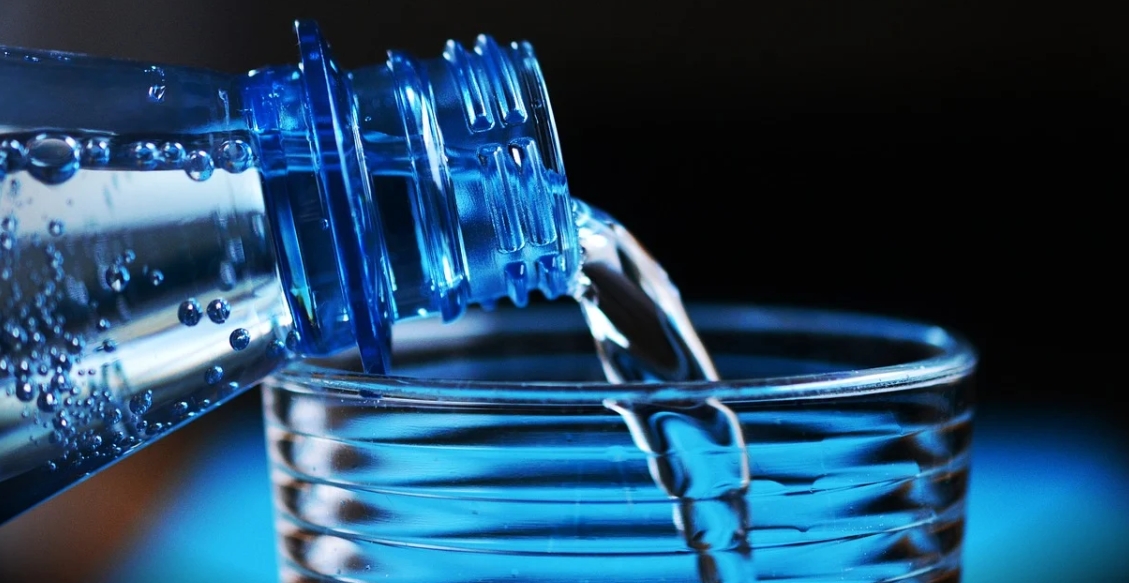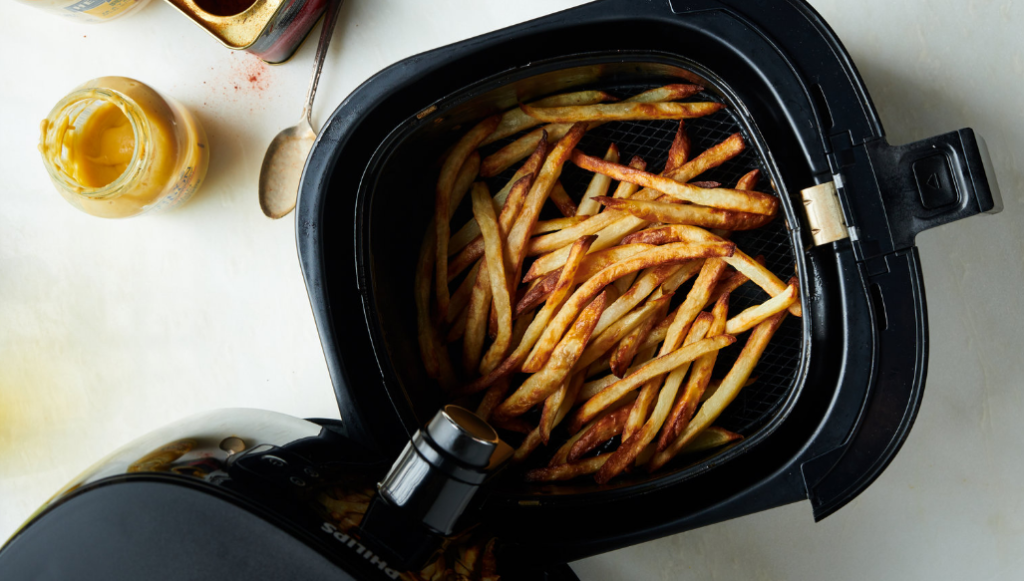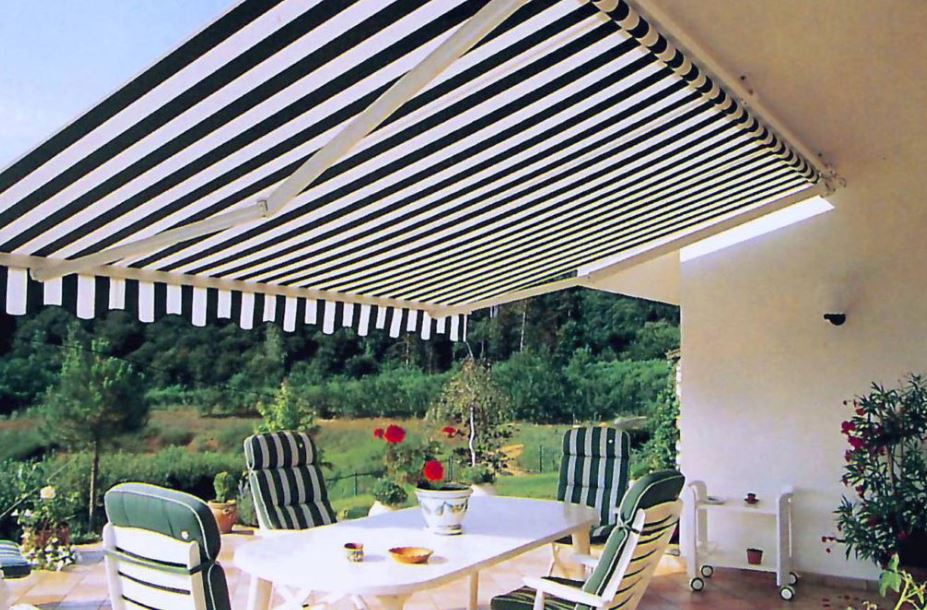What to Look Out for in Water Filtration System
As far as comparing different water filters, there are many things you need to consider. Therefore, there is a need to understand what everything means and how it can impact your water filtration system. The following are some of the things you need to consider.
Flow Rate
You should note that the flow rate of a filtration system is determined by GPM. The rate should be high enough to ensure it meets the water needs of your household. An average household requires about 15 GPM. If the flow rate is too low, water pressure to appliances and faucets drops.
Micron Rating
Ideally, the micron rating will tell you the extent of filtration. For instance, portable water filters are useful for camping and hiking since they have low micron ratings. That is because they need to remove all tiny particles that may be dangerous to your health. Whole-house filters have an average micron rating of 5.
Stages
Other than the micron rating, you can easily determine how well your system can filter water by looking at the different stages. When water passes through each stage, it becomes quite cleaner. In fact, the more stages the filtration system has, the more purified it can be. The number of stages offers you an idea of what to expect from your filtration system. Moreover, each stage has a micron rating.
Filter Type
There are two types of water filters: heavy-duty filtration and whole-house filtration. The heavy-duty filters have a lifespan of up to 10 years and have a capacity of 500,000 to 1 million gallons. Moreover, they require minimal maintenance. The systems have a carbon tank, and they are known as carbon tank models. On the other hand, standard whole-house filters need whole-house filter cartridge replacement annually. The good thing about this type is that you can determine the contaminants you want to remove from water.
Price
As far as upfront costs are concerned, the standard filtration systems are cheaper as compared to their heavy-duty counterparts. However, there are other expenses you have to consider. For instance, the filters use different models, and the more filters the system has, the higher cost of making replacements.
Installation
If you have some plumbing skills or you have experience with DIY projects, then you can install most water filters by yourself. However, if you do not want to leave anything to chance, you can hire a plumber.




